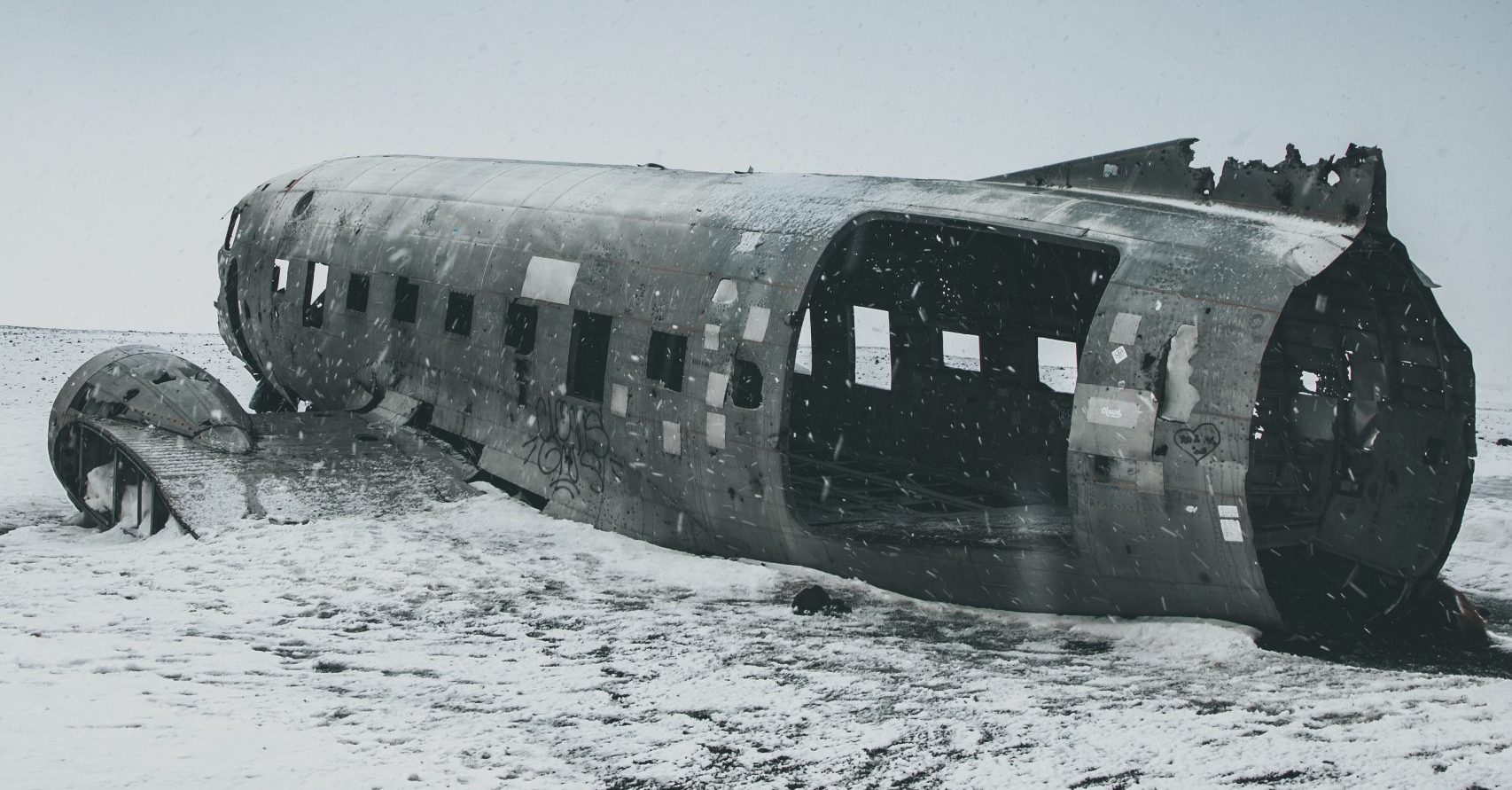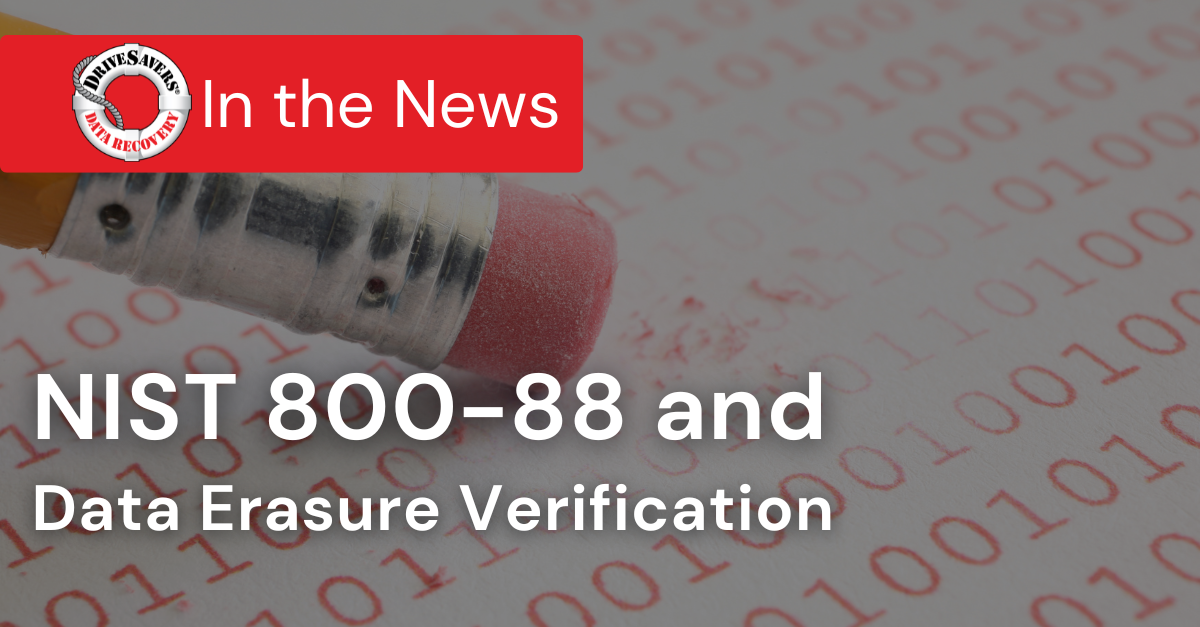In this article, we’ll break down what NIST 800-88 actually requires, why storage media of all types can defy expectations, and how verification services close the gap between intention and assurance.
Rough Weather Threatens Data

When severe weather threatens your home, school or business this spring, don’t be caught unprepared.
As temperatures rise and rain clouds gather, the resulting storms, floods and other damaging impacts of bad weather pose a very real threat to any unprotected data storage device.
Defend Your Data
Be prepared to survive the threat by maintaining a current backup of documents, pictures, financial records, videos, databases, email, music and anything else that’s important.
Whether your files are kept on a smartphone, digital camera, flash drive, tablet, laptop, desktop or larger computer system, the only real protection comes from having a second copy of the same information stored in a different place. Ideally, the backup would be in a different physical location or would include a remote backup using cloud-based services.
When storms generate massive power outages and widespread destruction, only the best prepared are able to pick right up where they left off. The heaviest rainfall and highest winds in 5 years is throttling California as I write this. This may be little compared to the disasters of Hurricanes Sandy and Katrina, but it still gives cause for concern—especially in regards to protecting your data.
Head for High Ground
If experiencing a heavy storm that may affect electricity, shut off the power to each device and unplug them from electrical power outlets. If you live in an area that may be subject to flooding, make sure to keep your computer equipment in the highest level of the room or building. Nothing should be left at ground level where floodwaters may flow. Keep your backup in an easily accessible place so if flooding is imminent you can quickly grab your backup and flee to safety.
DriveSavers has extensive experience recovering data from all types of damaged, disabled or dysfunctional storage devices. So, if you find yourself in trouble, call 800.440.1904 any time for assistance.






